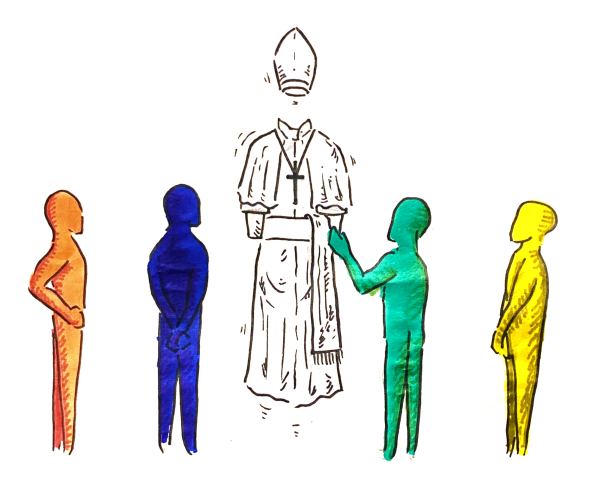Free Speech: America at a Crossroads
Americans today face an unprecedented war on the First Amendment and free speech. Accusations of fake news in mainstream media have turned Americans into political silos of intense partisanship. Reports of foreign meddling in our elections and nascent technologies such as deep-fakes or doctored video fabrications of political leaders, threaten the very foundations of our democracy. Consequently, our nation grows increasingly polarized as we question whom to trust and fail to find a common ground.
In this era of confusion and division, free discourse and empathy are our nation’s only hope. Yet, censorship in our educational institutions continues to sabotage free speech and, with it, the remedy for these issues. We must continue to protect free speech to ensure a greater understanding of the issues discussed.
One of the leading forms of censorship many educational institutions employ is the rejection of controversial speakers. For example, visits by gun rights activist Kaitlin Bennett sparked intense outrage and backlash at multiple universities, including Ohio and University of Akron. One viral video depicts Bennett at Ohio University bombarded by infuriated protestors who yell obscenities at her and drown her out whenever she tries to speak. Opponents argue that she – and other controversial speakers – use their views to promote hate and inflammatory speech and, therefore, do not deserve a voice.
The definition of “hate speech” lies at the center of the free speech debate. To what extent should opinions be censored if they offend others? The prevailing interpretation suggests that hate speech is determined by effect rather than intention; some argue that, regardless of a person’s intentions, if their words offend others, their opinions should be censored.
However, I would argue that speech should only be censored when the argument begins to utilize ad hominem tactics (i.e. attacking opponents’ character, not the their arguments). This definition of hate speech would condemn the actions of the protestors as hate speech. By conflating Bennett’s arguments with Bennett herself and attacking Bennett rather than her ideas, the students exacerbated divisions and further entrenched their own opinions.
In order to appease those wanting to hear conflicting opinions, some educational institutions give designated “free-speech zones,” where students are supposedly allowed to freely speak their mind. In reality, these areas are usually extremely small, and in corners of campuses where students never visit or pass by. “Free-speech zones” are just ways for educational institutionts to merely state that they are pro-free speech, but in fact they contribute to the overall problem of polarity.
Whether by disinviting controversial speakers or shackling students to designated “free-speech zones,” censorship remains prevalent within America’s educational institutions and obstructs the road to bipartisan action in our country. In doing so, these universities contradict their purpose as institutions committed to learning, infringe upon the free speech rights of their students, and exacerbate partisanship divisions in our society.
Educational institutions should function as diverse hubs of knowledge and discourse. Students from different cultures and social classes should be encouraged to discuss issues and expand their worldviews. By censoring students and speakers, institutions rob community members of exposure to a diversity of viewpoints and discourage students from listening to perspectives contrary to their own. Consequently, censorship furthers the divisions of our nation by grooming the next generation to only listen to their own side.
At a time when Americans struggle to find people and institutions to trust, we must navigate by listening to contrary opinions and championing free speech. Americans must address the censorship in our educational system as the first step towards healing our nation’s political divisions.
America stands at a crossroads: we can continue on our current path, crippling our nation by discouraging diversity of thought, or we can forge a new path by listening to and respecting the opinions of others, collectively achieving greater understanding and reuniting as Americans.





